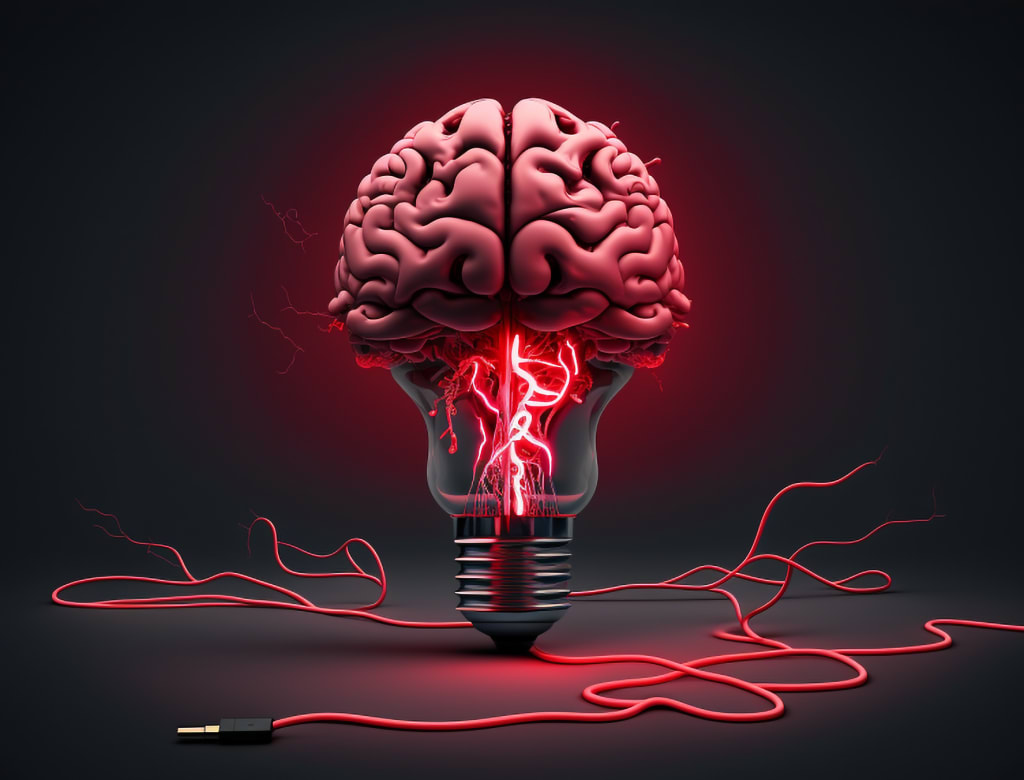"Can AI become smarter than humans? The potential and challenges ahead."
Overcoming the Challenges of Developing Ethical and Transparent AI Systems

Artificial intelligence (AI) has seen remarkable advancements in recent years, transforming industries and daily life. AI's potential to revolutionize fields such as healthcare, finance, transportation, and many others is significant, and the pace of AI development is accelerating. However, concerns have grown about the impact of AI on society and the economy, particularly with respect to the potential for AI to surpass human intelligence.
While it is difficult to predict when or if AI will surpass human intelligence, AI has already demonstrated its ability to outperform humans in certain domains. AI systems can process massive amounts of data, learn from it, and make accurate predictions or decisions at incredible speeds. The potential for AI to surpass human intelligence is undeniable, and it is essential to consider the potential benefits and challenges that come with this development.
One of the most significant concerns about AI is the ethical implications of its development and deployment. AI systems must be designed to avoid bias and discrimination, which can be challenging given that many AI systems are trained on biased data. Furthermore, there is a risk that AI may be used to automate harmful activities or used in ways that undermine human welfare. Addressing these concerns requires significant investment in research on ethical and transparent AI systems, development of regulations and standards to guide their development and use, and public awareness and engagement on AI-related issues.
Another significant challenge is ensuring that AI systems can explain their decisions and actions in a way that humans can understand. As AI systems become more complex, it can be challenging for humans to comprehend how they arrived at a particular decision, which can lead to mistrust and uncertainty. This lack of transparency can also make it difficult to ensure that AI systems operate ethically. Developing AI systems that can explain their reasoning in a way that is easily understandable to humans is critical to building trust in AI systems and promoting their responsible use.
To realize the potential of AI while addressing these challenges, researchers, policymakers, and society as a whole must work together. Developing and deploying ethical and transparent AI systems requires significant investment in research and development. It also requires the development of regulations and standards to guide their development and use, as well as public awareness and engagement on AI-related issues.
Furthermore, AI's impact on employment and the economy is a significant concern. While AI has the potential to create new jobs and increase productivity, it can also lead to job displacement and widen economic inequalities. Mitigating these risks requires significant investment in education and retraining programs to help workers transition to new jobs and policies that promote inclusive economic growth.
Ensuring that AI is developed and deployed in a way that respects privacy and security is also critical. As AI systems collect and process vast amounts of data, there is a risk that they may be used to infringe on individual rights or used in ways that compromise national security. Developing regulations and standards to protect individual privacy and security while promoting innovation and technological progress is essential to building trust in AI systems and promoting their responsible use.
In conclusion, the potential of AI to surpass human intelligence in certain domains is vast, but we must approach this potential with caution. Addressing the challenges of developing ethical, transparent, and beneficial AI systems is essential to ensure that the potential of AI is realized for the benefit of humanity. By working together, we can build a future where AI serves as a tool for positive change and creates a more prosperous and inclusive society. The development of AI must be guided by ethical considerations and a commitment to human values to ensure that it benefits everyone. We must continue to invest in research and development, develop regulations and standards, promote public awareness and engagement, and ensure that AI is developed and deployed in a way that respects privacy and security, to ensure that the potential of AI is harnessed responsibly and for the benefit of all.
About the Creator
sara kurisu
Looking for a fresh perspective? Follow me as I explore a range of topics, from politics to pop culture, through my unique lens.






Comments
There are no comments for this story
Be the first to respond and start the conversation.